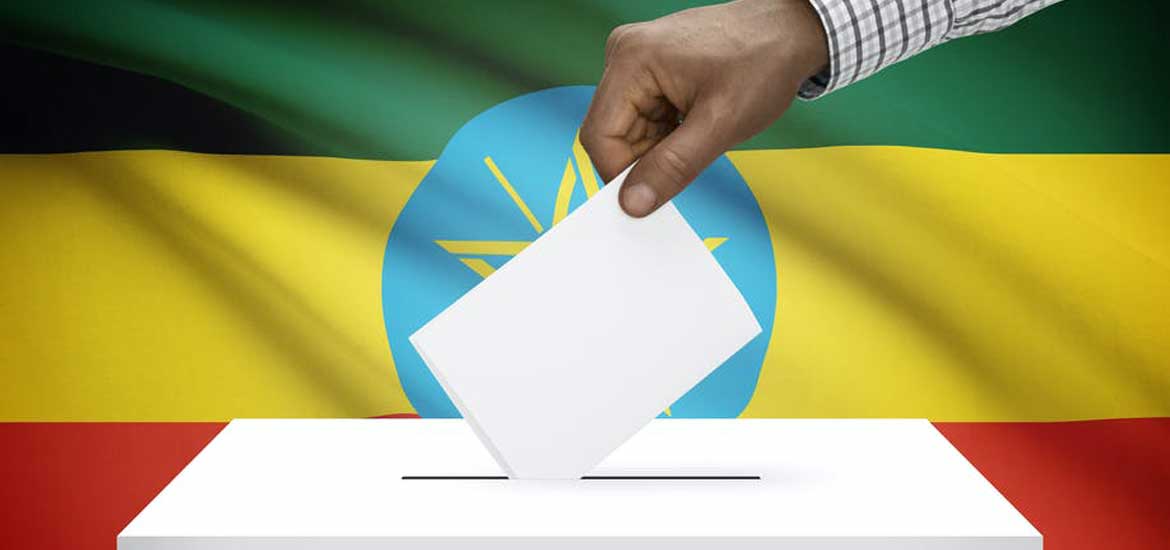View the Country Report for Ethiopia in the Oxford Compendium of National Legal Responses to Covid-19
The last six years are perhaps among the worst of times in the history of Ethiopia. The country has been lurching from one crisis to another. Anti-regime public protests that began after the 2015 national elections, in which the Ethiopian Peoples' Revolutionary Democratic Front (EPRDF) claimed a 100 percent victory, continued unabated for three years, leading to a political division within the party. The rise in the number and intensity of inter-communal conflicts led to the death of thousands and the displacement of millions. Ethiopia topped the global list of highest internal displacement in 2018. What began as merely political and constitutional disputes between the federal government and the Tigray Peoples Liberation Front (TPLF) has now turned into a major armed conflict in Tigray state. The conflict has taken a regional character since Eritrea is taking an active part in it on the side of the Ethiopian government. The involvement of Eritrea in the war and atrocities, including indiscriminate massacres reportedly committed against civilians by all parties involved in the conflict, has led to an international outcry. There is a fear that the boundary dispute between Sudan and Ethiopia, along with disagreement on the construction of the Great Ethiopian Renaissance Dam (GERD) between Ethiopia and Sudan and Egypt would escalate into a regional military confrontation with catastrophic consequences. On top of all this, Covid-19 is now testing the country's economy and an already poor public health system. The first case of Covid-19 was confirmed on 12 March 2020 and, one year later, the Covid-19 confirmed cases have reached 180,000 and the number of those who died due to the virus is over 2,500. This relatively low number of infection and death does seem to tell the full story since only a little over two million people have been tested in the past one year. Moreover, both the infection rate and death rate are surging in recent days.
Ethiopia is a federation composed of ten states and two federal cities. The federal system is based on the recognition of the right to self-rule of the close to 80 ethnic communities of the country. The states are thus structured along ethnic lines. Under the 1995 constitution of the country, both the federal and state government have competences on matters relating to public health, including in dealing with public health emergencies such as global pandemics. Yet, the federal government has been playing a leading role in the fight against Covid-19. The states lacked the initiative, capacity, and resources to play any significant role in this regard.

